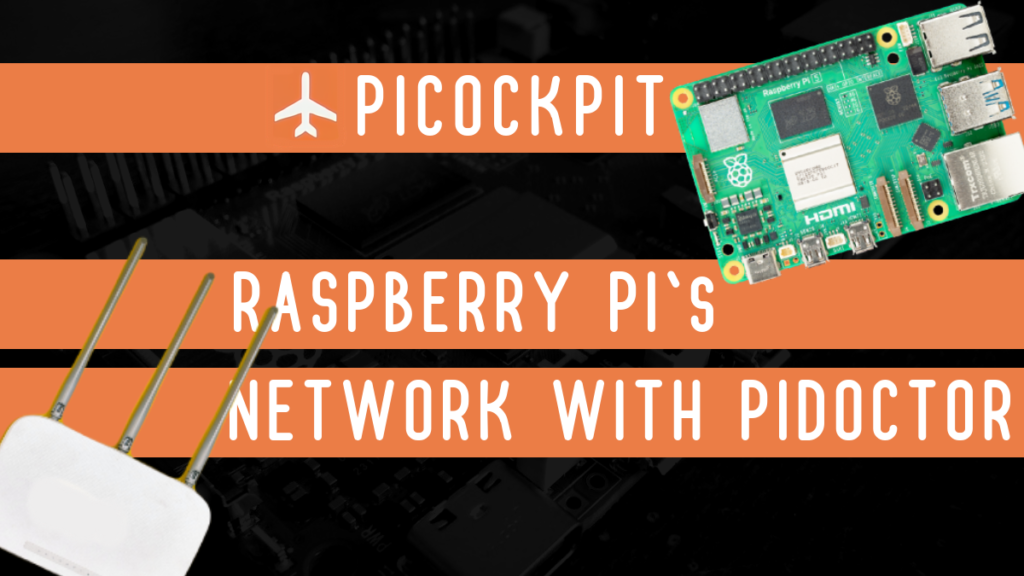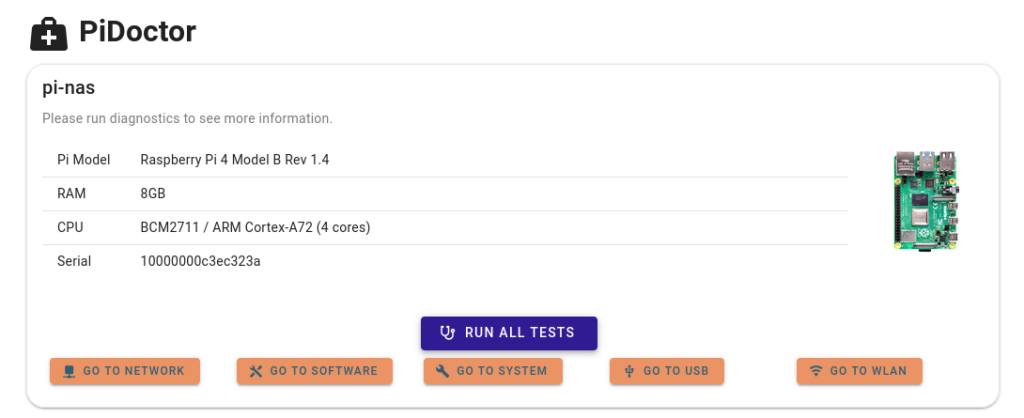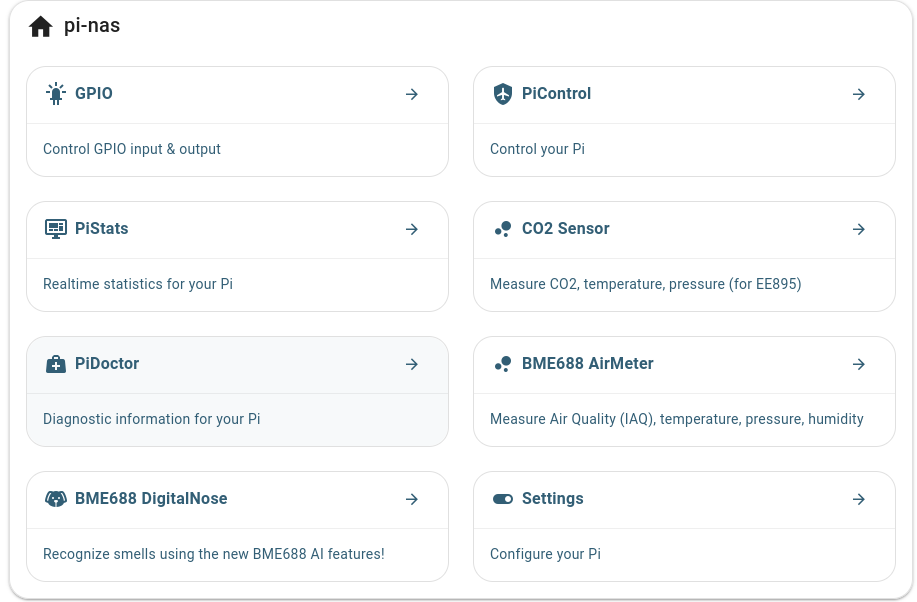Analyze your Raspberry Pi’s Network with PiDoctor

Raspberry Pi computers have become a staple in various industries due to their compact size and cost-effectiveness.
If your Raspberry Pi’s functionality requires a strong and reliable network connection, then our PiDoctor app is for you!
In this article, I want to focus on the technical benefits for businesses and industries of PiDoctor’s network and WiFi analysis.
PiDoctor
PiDoctor is one of our flagship applications. Unlike broad health checks, PiDoctor provides you with both an overview of your Raspberry Pi’s network as well as detailed insights. That way, if you run into issues, PiDoctor will help you quickly resolve them.
PiDoctor’s Networking Modules
We have two central networking modules within PiDoctor. The first is the Wireless Local Area Network, or WLAN, Module. The second is our Network Module.
Allow me to provide a brief overview of these modules’ capabilities.
Our WLAN Module allows you to:
- scan WiFi networks in the area
- determine linked networks and their technical details
- assess network connectivity
- filter the WiFi networks based on frequency
Our Network Module allows you to:
- view current IP addresses of your Raspberry Pi
- find network links and known neighbors
- diagnose active network connections and listening ports on your Raspberry Pi
How to use PiDoctor
Accessing PiDoctor within the PiCockpit web interface is straightforward, allowing users to run comprehensive health tests on their Raspberry Pis.
Using PiDoctor involves simply installing PiCockpit on your Raspberry Pi.
Once you’ve done that, log into PiCockpit, access the “My Raspberry Pis” page, select the desired Raspberry Pi, and click on PiDoctor.
Conclusion
If network performance is crucial for your business relying on Raspberry Pi computers, PiDoctor is your solution.
Its specialized network analysis modules empower users to monitor, diagnose, and optimize network-related aspects of Raspberry Pis.
If you want to know more, head over to the PiDoctor documentation page here.



